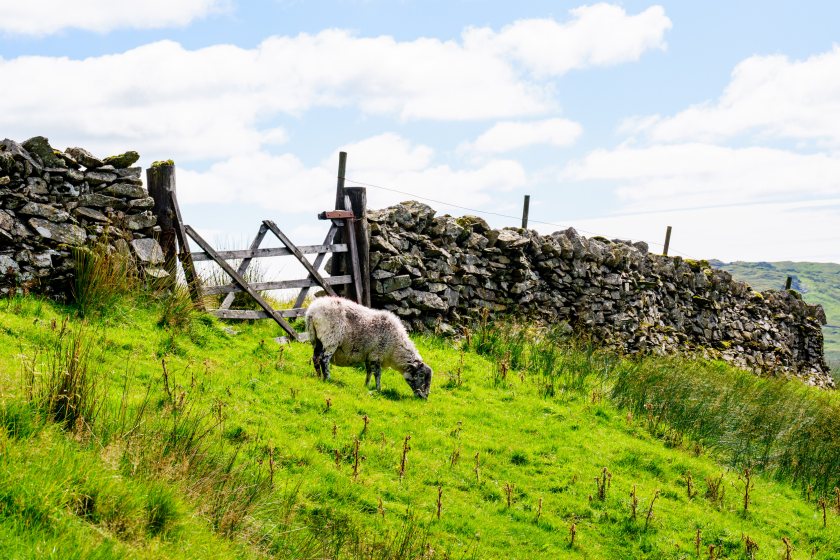Global project seeks to breed greener sheep to curb climate change

An international collaboration is aiming to reduce the environmental impact of sheep by harnessing genetics to breed animals that emit less methane.
Scotland’s Rural College (SRUC) and the Texel Sheep Society have joined forces with partners from New Zealand, Ireland, and three other major sheep-breeding nations to lead the Sustain Sheep project.
The initiative provides a platform for comparing methane and carbon dioxide emissions from sheep at national and global levels, with the ultimate goal of selectively breeding lower-emitting animals.
Methane, a potent greenhouse gas, is naturally produced by ruminants during digestion.
With 1.2 billion sheep producing seven million tonnes of methane annually—about 6.4% of livestock emissions—cutting these emissions is vital in tackling climate change, researchers say.
The project builds on research from New Zealand, which suggests that genetic selection could cut sheep methane emissions by 1–2% per year, without sacrificing performance in other desirable traits.
Now in its second year, the project uses Portable Accumulation Chambers (PACs) in each partner country to gather individual animal methane measurements.
In the UK, this includes around 450 lambs from SRUC’s Hill and Mountain Research Centre near Loch Lomond, and roughly 500 performance-recorded Texel lambs. The research will continue through to 2027.
John Yates of the Texel Sheep Society said: “Methane measurement using Portable Accumulation Chambers is still in its early stages, but if scalable and affordable, it could play a vital role in breeding programmes."
Dr Nicola Lambe of SRUC added: “A crucial aspect of this project is understanding what impacts there might be of reducing emissions on other animal characteristics such as growth, feed intake and efficiency, and quantifying the effects of these.
"This will enable recommendations for breeding programmes to be determined in tandem with the economic implications of selecting for low-methane sheep.
"In the UK and other countries there is chronic under-adoption of genetic improvement as a means to meet policy targets for lower GHG emissions.
"The robust science from the project will provide a mechanism for national and global comparisons to underpin governmental GHG reduction targets for the successful implementation of science into policy.”








